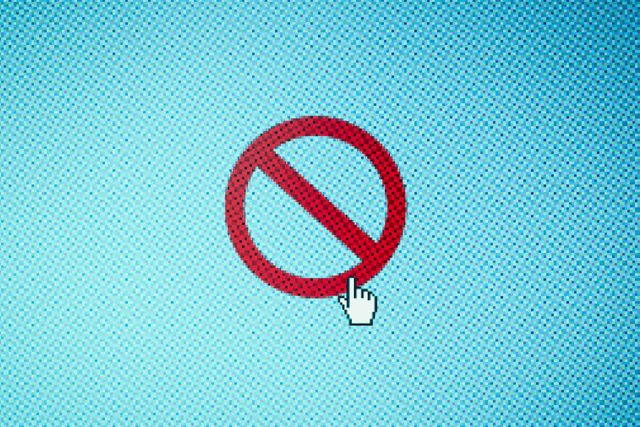
Most of us spend a lot of time on our work computers, which makes it easy to forget it’s not a personal computer. Believe it or not, what you’re doing on your work computer actually has the power to make or break your career. From streaming videos to downloading files, here are the 16 things to never do on a work computer. What you say at work is as important as what you do on your work computer—here are the 11 things to never say at work.
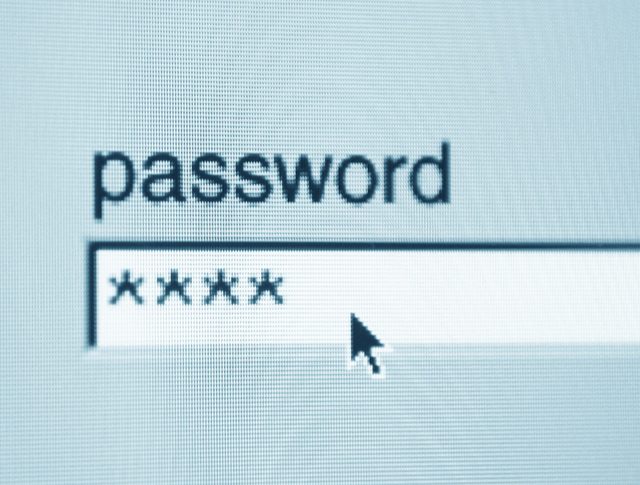
Store personal passwords
It is a drag to have to remember and constantly put in your passwords. This makes storing your passwords a tempting option. But you should still avoid it. “Almost every employee has ordered or checked on something personal at work. The thing we don’t remember is if we left that login information on our work computer,” says Chelsea Brown, CEO and founder of Digital Mom Talk. Why is this a big deal? Say you move departments and don’t wipe the computer before you leave. Now, the new guy that was hired to take your place has access to everything you logged into on that computer. Here’s how to know if your boss is spying on you.

Online shopping
Having a slow day at work? Just got an email about a flash sale that will only last a couple of hours? You’ll still want to steer clear of online shopping. “I would strongly advise against using your work computer to go online shopping. Doing so could put personal information, like your credit card number, at risk on a device that others have access to,” says Dana Case, director of operations at MyCorporation.com. And needless to say, online shopping at work is unprofessional behavior.
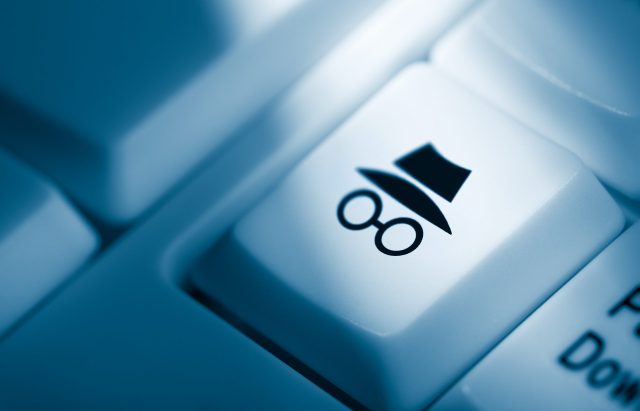
Use incognito mode
“Think you’re being stealthy by going into Incognito mode? Think again,” says Darrin Giglio, chief investigator at North American Investigations. “Long gone are the days of ‘I’ll just delete my history after I’m done.’ Whether you’re in the office or at home, it’s important to remember that your employer can remotely access your Internet browsing history.” If you’re wondering how your employer has access to what you do online, here’s how.

Look for other jobs
There’s no denying that job hunting is hard, and takes a lot of time and effort. This still doesn’t mean it’s OK to be looking for a new job at work. “The IT team can easily see all your web activities and you may have to explain yourself to HR as to why you’re using the time you’re supposed to be working to seek other employment. This could result in disciplinary action which could result in termination,” says Marcus Anwar, co-founder of OhMy.ca.
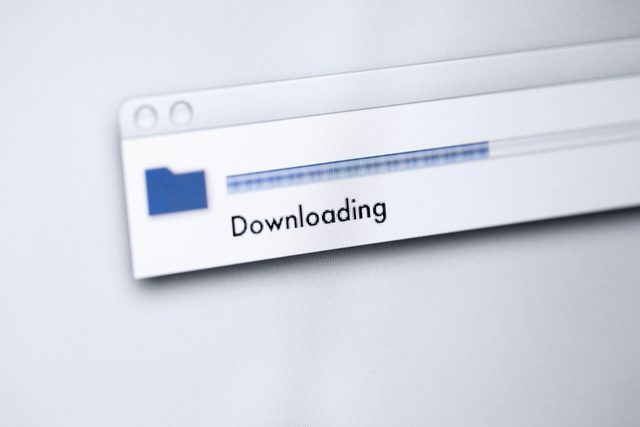
Download files
It might not seem like it at first, but downloading files on a work computer can have serious consequences. “Don’t download files from unknown sources or websites, that goes for personal and professional use,” says Mike Falahee, owner and CEO at Marygrove Awning Co. “There could easily be a virus, malware or ransomware contained within these nefarious files. Worst-case scenario, it could shut down your whole office system, costing the business unlimited amounts of lost revenue from not being able to function.” Here are some other computer safety tips you should be mindful of.

Browse social media
“Using social media on a work computer is career suicide,” says Kenny Trinh, managing editor of NetBookNews. After all, your Facebook post can wait a couple of hours. What you post on social media is also very important—here are the 13 social media posts that could get you fired.
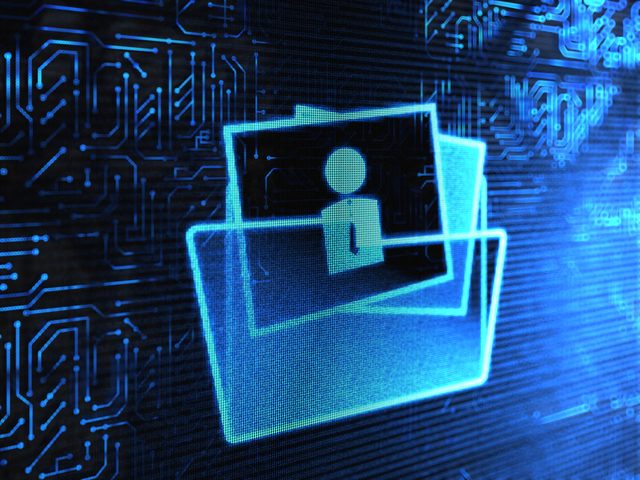
Store personal files
Your work computer might seem like a safe place to store files. But it pretty much is not. “Remember that you’re not the only person who has access to this computer. So expect some people to take advantage of this information like using your bank account for their own personal gain,” says Trinh.

Stream or download videos
Want to stream an episode during your lunch break? You might want to do that on your phone. According to Neal Taparia, partner at Solitaired, streaming videos can clog up networks and slow everyone down. “Moreover, with the right IT set up, you can get caught,” says Taparia. If you do end up with a slowed-down computer, here’s how to speed it up.

Message people
Taparia advises you to steer clear of messaging people outside of the communication systems your company uses. If you’re going to have a personal conversation with a friend, it’s best to leave it for after-work hours. Here are some other unprofessional work habits you should avoid.
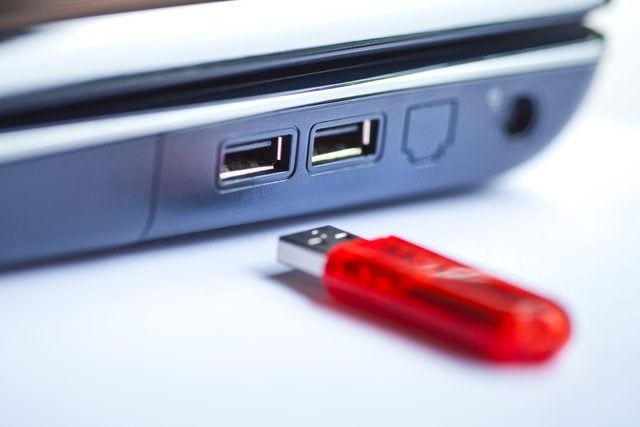
Plug-in USB drives
“Don’t stick USB drives in the work computer unless you know what is on them,” says Morgan Taylor, CMO for LetMeBank. “This is another common way keyloggers sneak into company systems. They can also be hidden in keyboards, so don’t use any keyboard that isn’t approved, or at least purchased directly from a shop.” Here are other computer security tips you should follow.
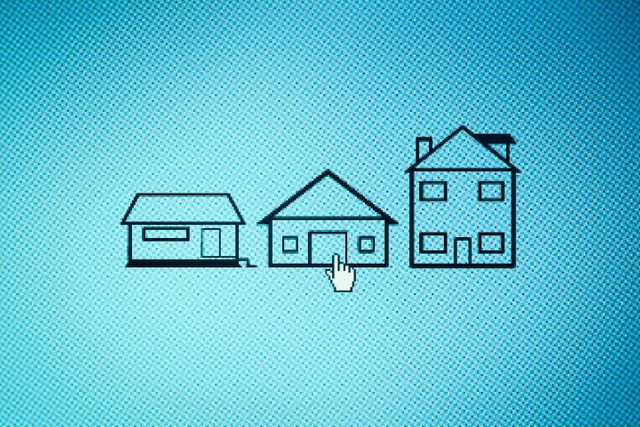
Install remote access software
Remote access software can be helpful, but you might want to think twice before going ahead and installing one on your work computer. “Any remote access to company systems should be properly allowed and sanctioned. Never be tempted to try to install apps like LogMeIn so you can work from home. You could potentially create a disaster in terms of data security and compliance,” says Taylor.
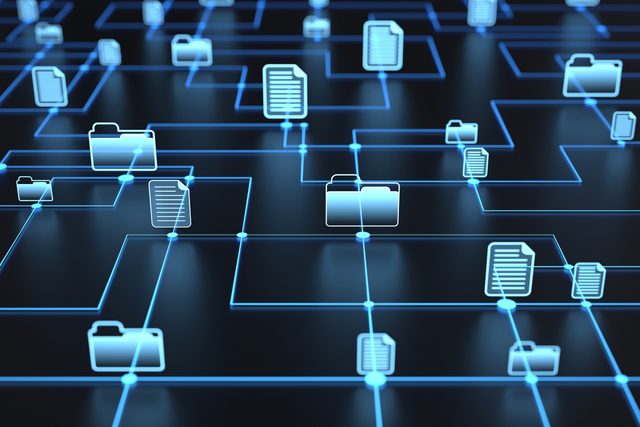
Use file sharing sites
“Good IT teams will put mechanisms in place to prevent file sharing systems like BitTorrent from being used, but you should still help them out and not try,” says Taylor. “If you want to download music and movies with questionable legality, please do that at home.” If you think you ended up with a virus on your computer, here’s how to be sure.

Use dating sites
Let’s be honest, your Tinder matches can probably wait until you finish work. “Use your own phone to conduct your personal life,” says Ben Taylor, founder of Homeworkingclub.com. “Email filters and anti-spam systems often pick up messages based on certain keywords, so there’s a chance your intimate communications could end up in the IT department and not on your own computer!”
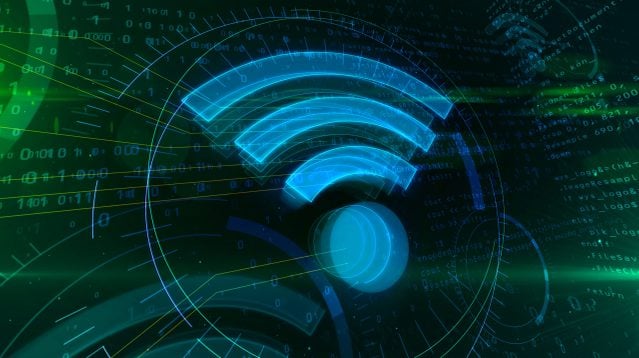
Connect to a public WiFi
Public WiFi can be convenient, but that does not always make it safe. “If you connect your work computer to such networks, you will end up leaking highly private work documents and data that will get both you and your employer into trouble,” says Reuben Yonatan, founder and CEO of GetVoIP. “The only situation under which you can use your work computer with public connections is if you have a good VPN (either personal or one provided by the employer). VPNs redirect your traffic through secure servers so there is no danger of leaking proprietary data.”
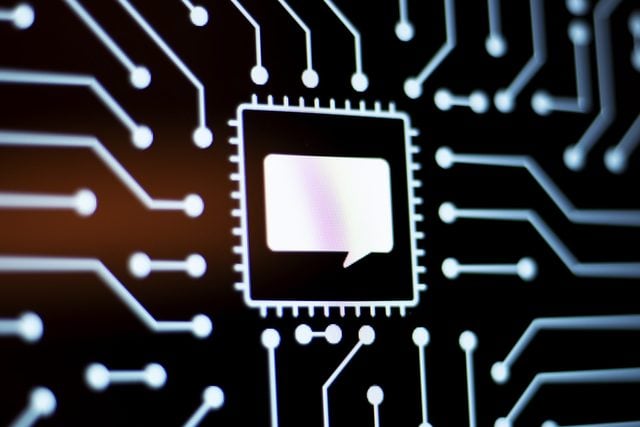
Gossip
“Anytime you gossip about someone over email, Slack, or Google hangouts, your company has proof of that in writing. Unprofessional behavior reflects poorly upon the employee—and that includes talking about people behind their backs,” says Emily Lawrence, communication specialist at CenturyLinkQuote.

Do work for your side-gig
There’s wrong nothing with having a side-gig. That being said, it’s important for you to only work on your side hustle in your free time. “Employers are very particular about keeping tabs on workers’ productivity,” says John Stevenson, head of Top VPN Canada. “Some companies may allow their employees to take side jobs but they must do so outside of work hours. Their salary doesn’t cover doing jobs that are not your company’s and using their equipment to do your second (or third) job’s work counts as rude behavior, if not an insult.” Next, check out what you need to be successful working from home.